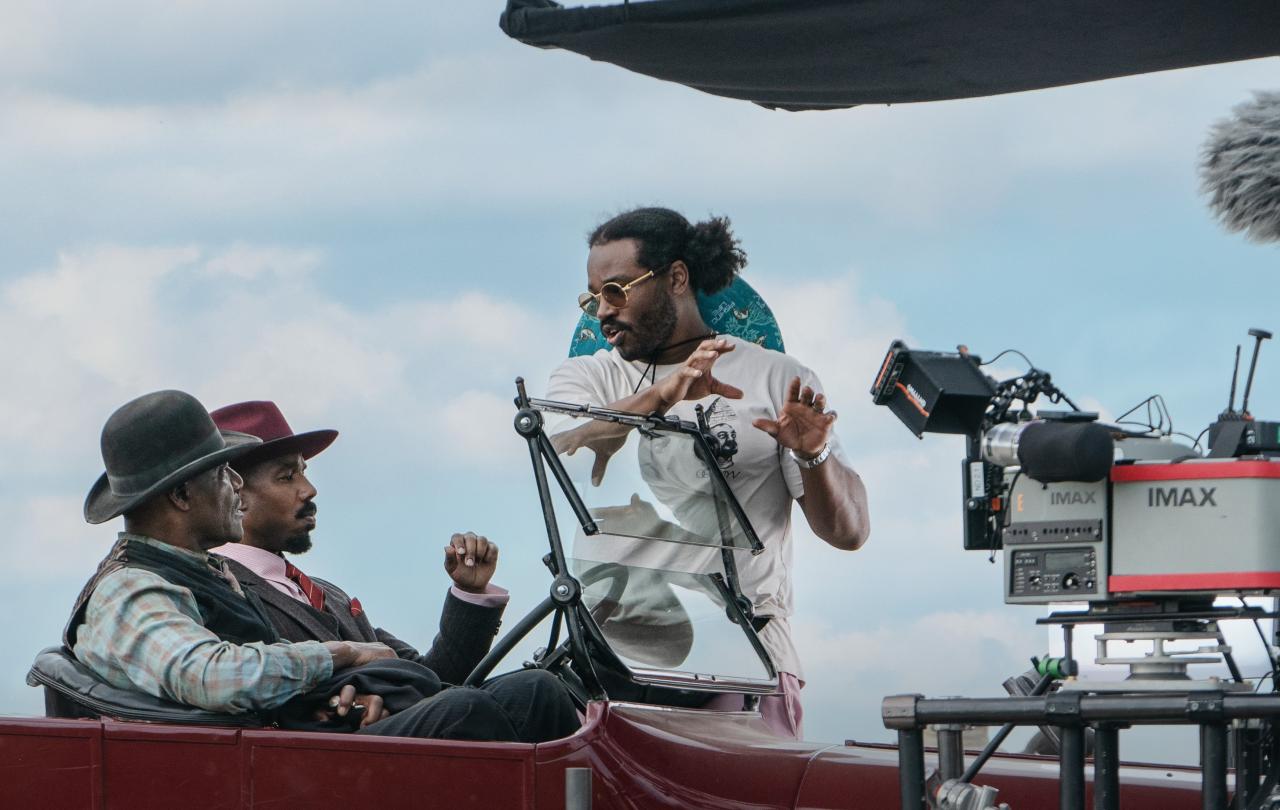
Seeing God in Big Bend
The scream from the sky shattered the quiet calm of my cliffside campsite. I'd never heard such a sound—it was like a large crow had decided to try and quack. I rushed out of my tent, where I'd collapsed after making the seven mile trek up the mountain, to find the source of this alarming noise.
I was up on the rim of Big Bend National Park in southwestern Texas, where I'd come on a solitary backpacking retreat. The "big bend" is the abrupt L-turn of the Rio Grande river, as it changes course from southeast to northeast. At the heart of the park rise the stark and severe Chisos Mountains, and the crown jewel of the Chisos is surely the South Rim. A thousand feet beneath me, a sheer drop from where I've staked my tent, there is a whole other mountain range. And ten miles away to the southeast I could see gorgeously striped limestone ridges across the river in northern Mexico.
It's a place that puts you in the presence of the sublime. Everett Townsend, the pathfinder responsible for bringing the region under the protection of Franklin Roosevelt's government, was particularly awed by this view. As a biographer put it, the view from the South Rim allowed him to
"see God as he had never seen Him before and so overpoweringly impressed him that he made note of its awesomeness…"
What does it mean, though, to see God in a place? Do I need to be up high and far away, staring into sublime depths? The South Rim gives me the impression that I'm hovering like an eagle over the earth, not standing on it like a human. Why are these the places that we think we sense the divine?
I'd like to think that seeing God in a place can be just as much about close and near attention as it is about sublime distances. What does God look and sound like here, if I stand on the ground and pay as much attention as I can to what I see and hear around me?
The Falcon's cry
I had no Internet connection on the Rim, so when I heard that bird cry out over my head I tried to burn the sound into a mental audio file. Jumping from my tent, I saw a large predator bird shooting directly above me and out over the cliff's edge. The size and shape—a large flying crossbow—told me that I'd been hailed by a peregrine falcon. A sign near my site told me that the section of the ledge where I was camping—where the South and East Rims meet—is in fact a protected nesting ground for the birds, closing to human trekkers each spring.
The peregrine is the world's fastest animal of any kind. They can dive at 200 miles per hour. That means they can only hunt birds in flight, since if they attacked anything on the ground at that speed they would both wind up, as my Granny would put it, "nothing but a greasy spot on the pavement."
A display down at the park's visitors' center had already filled me in on the near demise of the remarkable bird. DDT, a killing-machine of a pesticide that Rachel Carson called out in her book The Silent Spring in the 60s, triggers an immuno-response in female birds who have ingested it into their bodies. This response limits the calcium they can supply to their eggshells. As a result, the eggs were too vulnerable to predators or simply weather, and the embryos were not surviving.
We gave the Nobel Prize to the scientist who discovered how to use DDT to kill insects. It made so much sense, after World War II, to find ways to kill the pests who were spreading disease among the wounded soldiers and other victims of the war. But we were not yet thinking, in those days, about what else we might be killing. Now we're at least thinking, even while we're still killing.
Sin and redemption on the mountain
What does the falcon, soaring off the Rim, reveal to me about God? Consider, for instance, the doctrine of sin. Taken as an abstraction, sin is what theologians call the manifold ways that humans can turn from their holy God. But what if we fill that doctrine in with attentiveness to the story the falcon tells us? Here on the Rim, sin looks like failing to be awed enough by this remarkable life form to notice, until almost too late, that we are killing it.
Similarly, redemption, in the Christian telling of things, refers to the way that God overcomes sin and restores holy relationship. Here on the rim, redemption looks like a shared grief over the damage we've done. It looks also like the effort to protect this space as a bird sanctuary—literally a "holy place." It looks like a hope that falcon and human, like the bird and its own prey, can find a balance of mutual respect and coexistence.
The warning call of God
When I came down the mountain, I got on the Wi-Fi at the lodge outside the park and went searching for bird calls. I found a match for the sound that I'd heard - that caw-quack of a scream. It was the warning call of a peregrine falcon who has found predators in its nesting grounds. The bird was talking about me! Maybe somewhere in her DNA she recognized me as one of the DDT users that ruined her ancestors' eggshells. Hearing that call, as the bird flew off into sublime depths and distances, I suspect I was hearing about the mystery of life, the damage of sin, and the beauty of redemption. In other words, I was hearing the voice of God.





